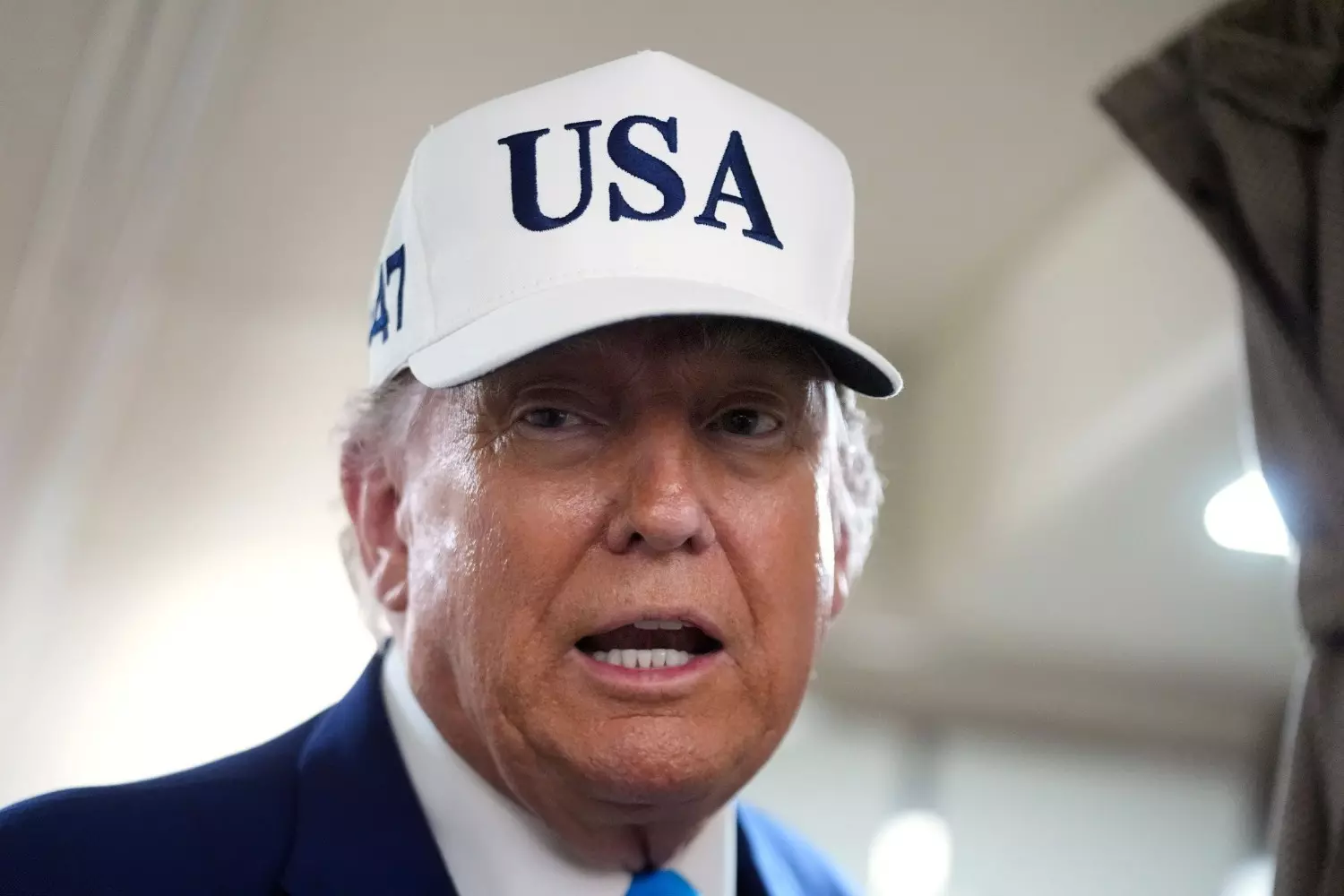
Trump says India, Pakistan leaders decided to end conflict, a first in weeks
Trump says Indian PM Modi and Pak Army chief Asim Munir 'decided' against continued conflict, a shift from his prior self-credit

For the first time in weeks, US President Donald Trump did not take credit for brokering the ceasefire between India and Pakistan, and on Wednesday (June 19) said that the two “very smart” leaders of both countries "decided” not to continue a war that could have turned nuclear.
Trump made the remarks while speaking to the media in the Oval Office after hosting Pakistan's Chief of Army Staff, Asim Munir, for lunch at the White House on Wednesday.
Trump said he was “honoured" to meet Munir.
When asked if Iran was discussed in his meeting with Munir, Trump said: “Well, they know Iran very well, better than most, and they're not happy about anything. It's not that they're bad with Israel. They know them both, actually, but they probably, maybe they know Iran better, but they see what's going on, and he agreed with me."
Also read: US resumes visas for foreign students, but wants access to social media accounts
Gives credit to 'two smart people'
“The reason I had him here, I want to thank him for not going into the war, ending the war. And I want to thank, as you know, Prime Minister Modi just left a little while ago, and we're working on a trade deal with India. We're working on a trade deal with Pakistan," the US president said.
“They were both here, but I was with Modi a few weeks ago. He was here actually, but now we speak to him. And I'm so happy that two smart people, plus you know, people on their staff too, but two smart people, two very smart people decided not to keep going with that war. That could have been a nuclear war. Those are two nuclear powers, big ones, big, big nuclear powers, and they decided,” he added.
This is the first time in weeks when Trump did not take credit for stopping the military conflict between India and Pakistan.
Also read: Israel-Iran conflict LIVE | Trump approved plan to attack Iran, but withheld it: Report
Phone call with Modi
Modi and Trump were scheduled to meet on the sidelines of the G7 Leaders’ Summit in Kananaskis, Canada, but the American president returned to Washington early.
Before departing Kananaskis and wrapping up his first visit to Canada in a decade, Modi had a 35-minute phone conversation with Trump.
Foreign Secretary Vikram Misri, in a video message from Kananaskis, said Modi conveyed to Trump that at “no point” during Operation Sindoor was there any discussion, at any level, on an India-US trade deal or any proposal for mediation by the US between India and Pakistan.
The discussion to cease military action took place directly between India and Pakistan through the existing channels of communication between the two armed forces, and it was initiated at Islamabad's request.
Modi firmly said India will never accept the mediation of a third party, and there is complete political consensus in India on this matter, Misri said.
Misri also noted that following the April 22 Pahalgam attack, Trump expressed his condolences to Modi over a phone call and expressed his support against terrorism.
Also read: After phone call with Modi, Trump repeats claim he stopped India-Pakistan war
Modi makes position clear
The phone call on Tuesday in Kananaskis was the “first conversation” between the two leaders since April.
Misri said Trump listened carefully to the points conveyed by the prime minister and expressed his support for India’s fight against terrorism.
Modi conveyed that India no longer views terrorism as a proxy war, but as a war itself, and that Operation Sindoor is still ongoing.
Trump enquired if Modi could stop over in the US on his way back from Canada, but the prime minister was scheduled to depart for Croatia, the last leg of his three-nation tour that began in Cyprus.
Misri said that due to prior commitments, Modi expressed his inability to visit Washington, and both leaders agreed to make efforts to meet soon.
Also read: Iran-Israel conflict | 'It's delusional to expect Iran to kneel' I Discussion
Trump’s repeated claims
Earlier in the day, Trump said he spoke to Modi, “a fantastic man”, and stressed the two countries will have a trade deal while repeating his claim that he stopped a war between India and Pakistan.
"Well, I stopped the war. I love Pakistan. I think Modi is a fantastic man. I spoke to him last night. We're going to make a trade deal with Modi. But I stopped the war between Pakistan and India,” Trump said on Wednesday.
Trump was asked what he was looking to achieve diplomatically from the meeting with Munir. “This man was extremely influential in stopping it from the Pakistan side,” Trump said, referring to the army chief.
“Modi, from the Indian side, and others. They were going at it, and they're both nuclear countries. I got it stopped. I don't think I had one story. Did I have one story written? I stopped the war between two major nations, major nuclear nations. I don't think I had a story written about it,” he said, adding that the people know.
Also read: Modi-Trump talk: Congress demands all-party meeting upon PM's return to brief leaders
Operation Sindoor
About two weeks after the April 22 terror attack, which claimed 26 lives, India launched Operation Sindoor targeting terror infrastructure in Pakistan and Pakistan-occupied Kashmir.
India and Pakistan reached an understanding on May 10 to end the conflict after four days of intense cross-border drone and missile strikes.
Sources in New Delhi have since maintained that the Director Generals of Military Operations (DGMOs) of India and Pakistan reached an understanding to stop the military action with immediate effect. They said no third party was involved.
( With inputs from agencies)

